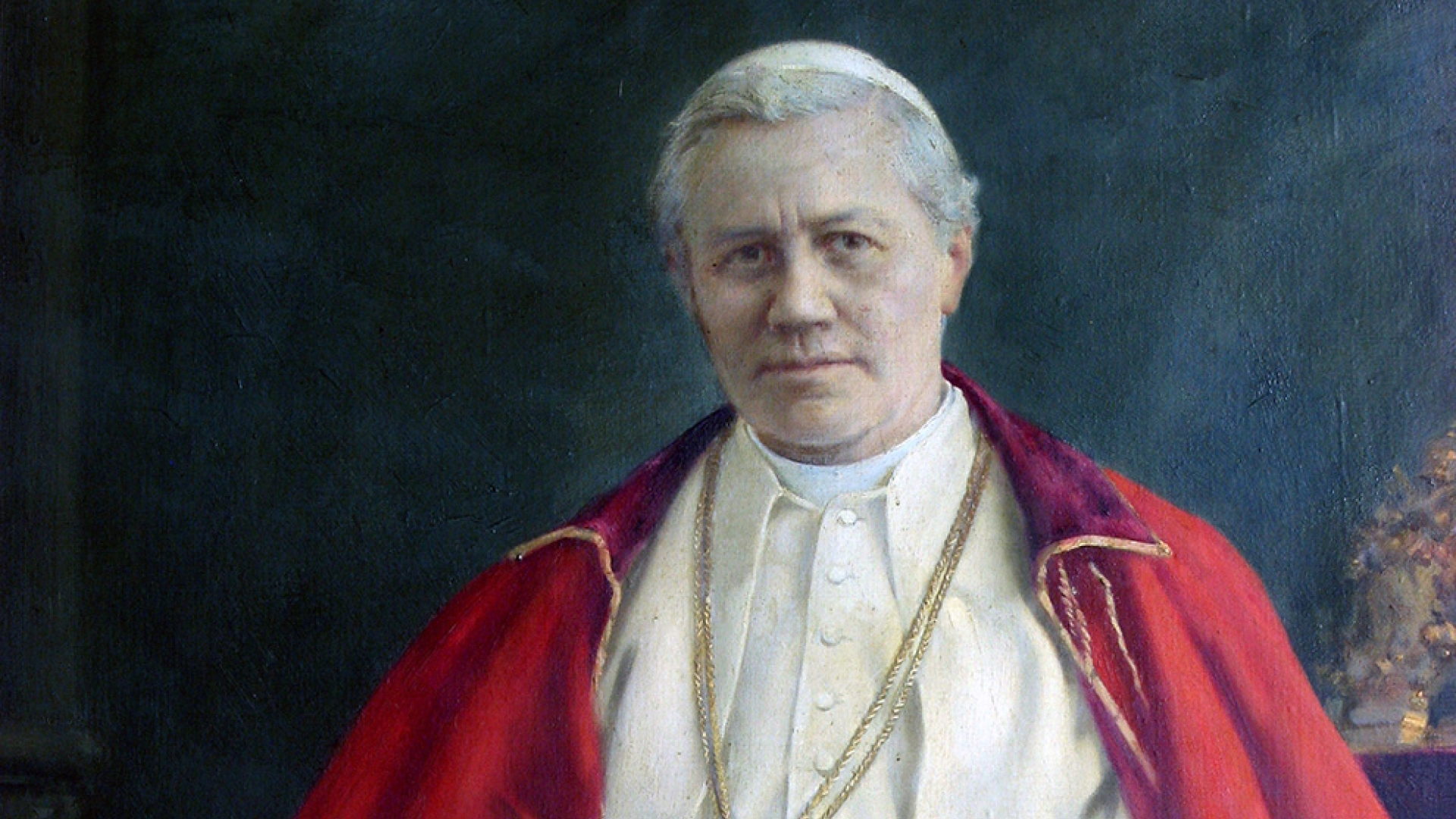Modernism: A New Worldview

"I profess to be utterly free of the error according to which the modernists hold that there is nothing divine in sacred tradition" Oath Against Modernism by Saint Pius X
Modernism, a dominant philosophical trend of the 20th century, one still persistent today, is founded on the belief that man is the supreme measure of all reality. Modernism does not simply seek progress and prosperity; it champions an entirely new worldview, one directly at odds with the Catholic Faith.
Subjective Perceptions Against Objective Order
Truth, according to the modernist, depends upon each individual’s subjective perceptions and beliefs, not upon any objective, universal order descending from God. Truth thus changes from person to person, from age to age, from place to place, and modernism insists that human reason alone can determine what is right and wrong, good and bad, true and false. Most importantly, all individuals have a right by their very existence to exercise this subjective judgment as best pleases them, so long as they do not injure the rights of another individual.
Modernism is, therefore, primarily concerned with protecting and promoting the advancement of the human condition through natural justice, technological progress, religious tolerance, temporal peace, and material prosperity. Man is the measure and end of all things, and no objective reality is more important that his natural well-being here and now.
Truth Beyond Our Limits
Catholicism, however, insists that there is both a universal, objective truth and a much greater reality open to all men beyond our limited, flawed, earthly life. This truth is God, and this greater reality is eternal bliss in Heaven.
God, according to Catholicism, created and constantly sustains the entire universe along with every individual human being. He has, moreover, revealed intimate truths about Himself, truths which exceed the scope of the human mind; they are often mysterious and concerned with supernatural realities. They are not less true for this reason, they are simply more sublime. God taught and, through His one Church, continues to teach these divine, transcendent, unchanging truths so that all men can one day attain the eternal joys of paradise.
Timeless, Beautiful and Mysterious Truths
This over-emphasis on the natural power and dignity of man has, in turn, encouraged the modern trends of religious liberty, ecumenism, and collegiality along with numerous liturgical abuses. All of these problems are clearly identifiable in the texts of the Second Vatican Council (1962-65).
The modernists believe that man must discover all truth by himself whereas Catholics ultimately trust that God can and does infallibly reveal these timeless, beautiful, mysterious truths.